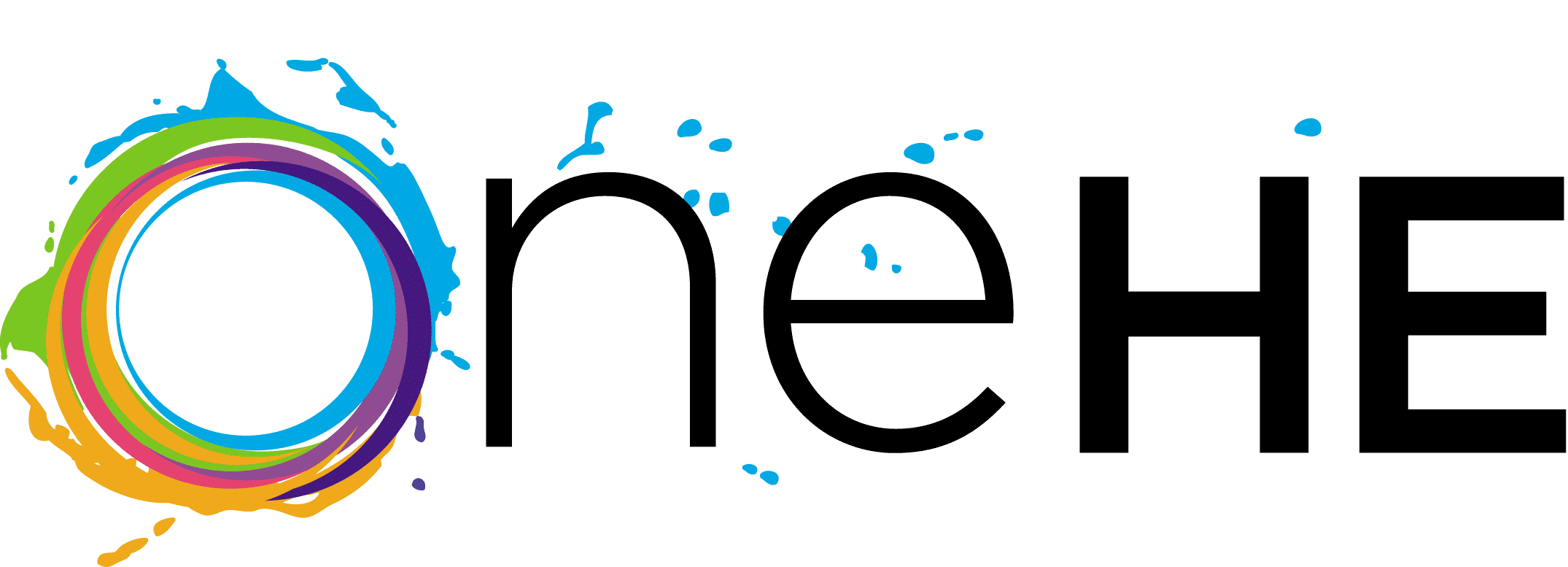The Community of Inquiry Framework (Garrison et al, 2000, 2010) emerged out of research from the late 1990s regarding the essential ingredients of an effective online class. In a seminal article published in 2000, the researchers identified three presences that are required for deep learning to occur online;
- cognitive presence,
- social presence, and
- teaching presence.

Cognitive presence refers to the extent to which participants “are able to construct meaning through sustained communication” (Garrison et al, 2000: 89). Such construction of meaning depends on whether learners engage in activities like reflecting deeply on the course content, drawing new and creative connections with course material, or opening themselves to new ideas and ways of understanding. Social presence consists of “the ability of participants in the Community of Inquiry to project their personal characteristics into the community, thereby presenting themselves to the others as ‘real people'” through emotional expression, open communication and group cohesion (Garrison et al, 2000: 89). Teaching presence works in concert with the other two to “support them for the purpose of realising educational outcomes” through design of the educational experience and facilitation of learning (Darby and Lang, 2019: 80).
The most important and challenging “presence” in teaching is the social presence because it helps students become more cognitively present and actively engaged. Educators can help creating that social presence through their own presence as a teacher, which can be established initially through thoughtful design and continuous interaction (Darby and Lang, 2019).
When we work on these presences together, we can foster a sense of community among students and give them a worthwhile experience in online courses.
References:

